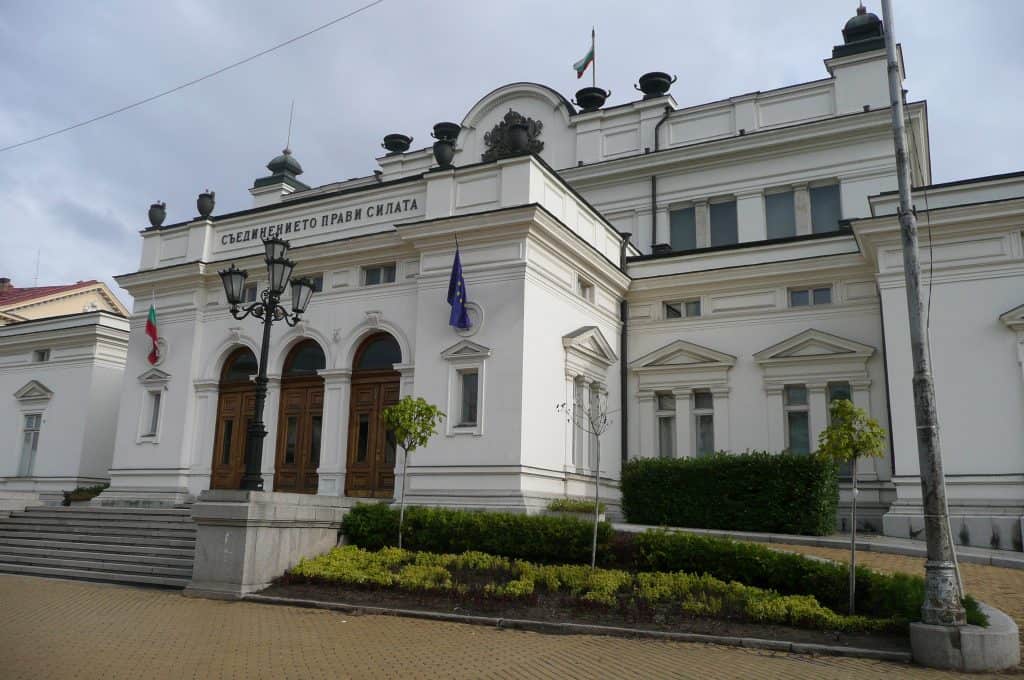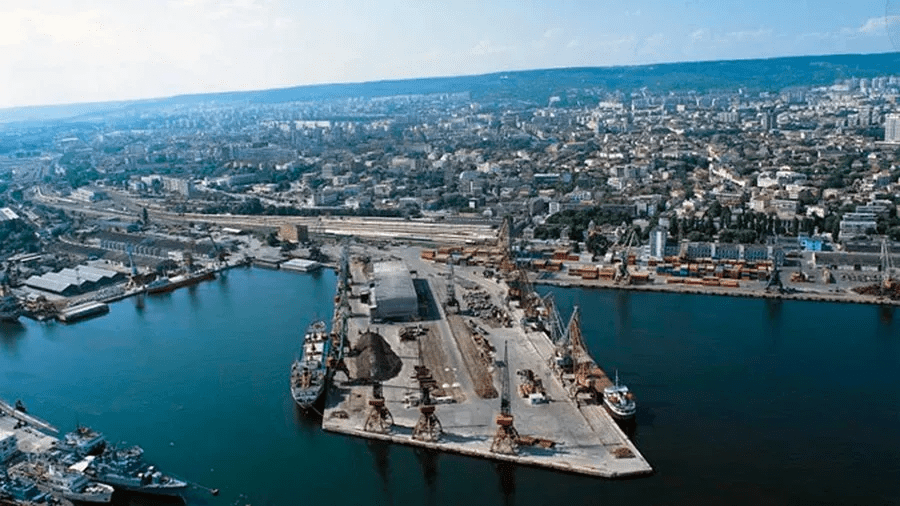World Geostrategic Insights interview with George Tabakov on political uncertainties and economic challenges in Bulgaria and prospects for foreign investors.

George Tabakov has been the Chairman of the Board at Bulgaria Economic Forum since 2001. Previously he was Deputy Minister of Trade (1998-2000) and Chairman of Bulgaria Foreign Investment Promotion Agency (2000–2001).
1 – Bulgaria will go to the polls on Oct. 2 for the fourth time in less than two years, after the coalition government of reformist Prime Minister Kiril Petkov collapsed in June after only six months in office. An interim government led by Galab Donev took office in Bulgaria on August 2, distancing itself from its predecessor’s policies and softening tones toward Russia as it seeks to resume Russian gas supplies. The upcoming elections are likely to produce a divided parliament, and political instability is likely to persist. Bulgaria has always been seen by many investors as an attractive investment destination for numerous reasons. Are political uncertainties and weaknesses in the Bulgarian economy negatively affecting inbound foreign investment and international trade? What remain the most promising sectors in Bulgaria in which to invest?
The war in Ukraine will likely hit Bulgaria’s economic growth and accelerate inflation. High energy dependence on Russia and the general economic effects of the war will have an impact of uncertainty on investment, as in other European countries. But despite this, Bulgaria remains a country with an economy and business environment that still offers high potential for foreign investors, especially in the following sectors:
– The energy sector;
– IT sector
– Defense industry (very promising as there are no FDI in this sector up to this moment)
– Food processing industry
– Machine building (especially the production of automotive parts)
2 – Bulgaria is expected to join the euro area in 2024, but discontent is growing, especially among the country’s pro-Russian parties, who claim it will lead to economic instability. What is your opinion? Do realistic chances remain for the adoption of the euro in Bulgaria on schedule?
I hope that this main priority of Bulgarian macroeconomic policy will not change. Bulgaria meets all the conditions for joining the Eurozone. However, all pro-Russian parties (GERB, BSP, DPS, Vazrazhdane) are against it because their structures want to have control of the banking system and not cede it to the ECB.
3 – Bulgaria has expressed strong interest in developing trade ties with Azerbaijan to access the southern route of freight traffic to and from China and South Asia. The route is expected to become an integral part of the China-EU freight passage, as the EU has blocked land, sea and air links with Russia. Bulgaria is a member of the interregional platform Cooperation between China and Central and Eastern European countries. It is therefore likely to seek Chinese investment to enhance Bulgarian transit and related operations for EU-Asia trade. Such investments have been disapproved by Brussels in the past. Do you think that now, partly as a result of the difficult situation in which the European Union finds itself, as a consequence of the war in Ukraine, Bulgaria’s economic and financial cooperation with China will get a significant boost?
Only gas trade with Azerbaijan is of strategic importance to Bulgaria at this time. Bulgaria is indeed a member of the interregional platform Cooperation between China and Central and Eastern European countries, but it has never been too active. Bulgaria has no traditions with Chinese investment, and I don’t think investment from China will be important for Bulgaria. Our country needs investment from OECD countries and can offer many advantages for investment migration of EU countries from China to the EU.
George Tabakov – Chairman of the Board at Bulgaria Economic Forum









